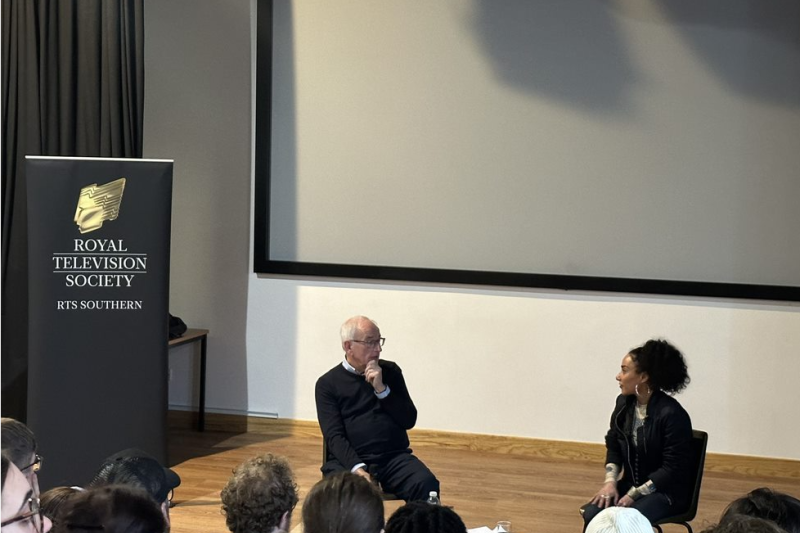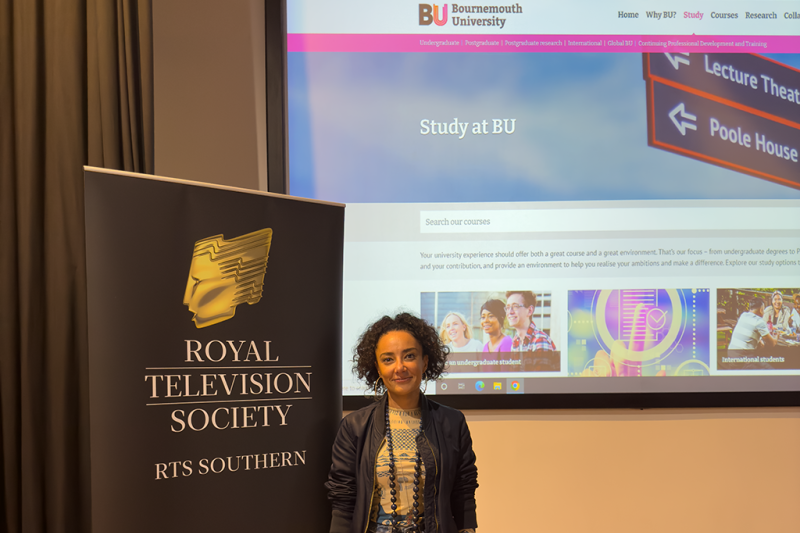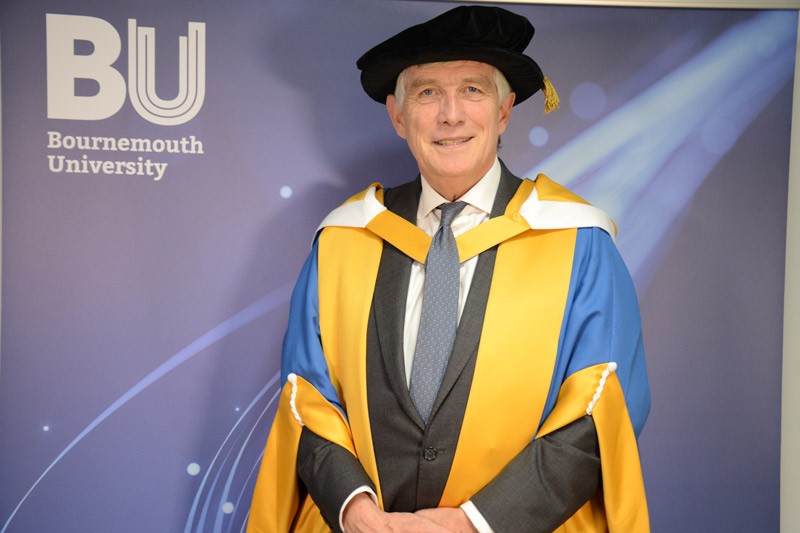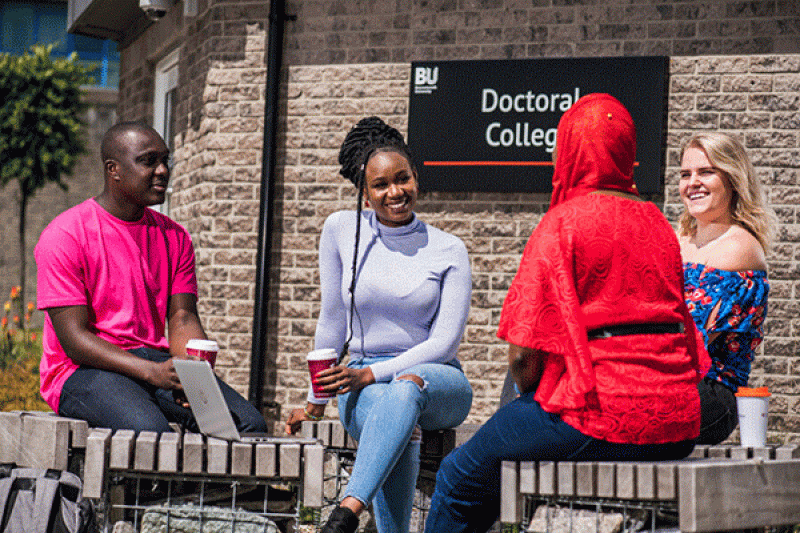BU hosted a joint event with The Royal Television Society's (RTS) Southern region, in front of an audience of over 100 students from across the South. RTS committee member Gordon Cooper interviewed BBC Three Channel Executive Yasemin Rashit to discuss the Changing Future of the BBC.

Yasemin shared insights with the students about the challenges, opportunities, and futures at the BBC and how accessing young audiences is changing the way the BBC approaches commissioning, production, and transmission.
Yasemin spoke about her personal career journey and how she first entered the media industry, through Channel 4’s Researcher Scheme. Yasemin said this was her “foot in the door”, allowing her to network, and build a reputation. Yasemin also talked about being a producer at VICE, producing content at Channel 4, time spent freelancing, and her current role as the Channel Executive at BBC Three.
In her current role, Yasemin’s job encompasses helping to run the channel, looking at who the target audience is, and looking at the different genres within the commissions. She also helps the channel maintain its aim to stimulate the creative economy, and she does this by helping production companies who haven’t managed to acquire a broadcast credit yet. This is done through events such as the Sheffield DocFest or their in-house pitching service, BBC Pitch.
At the end of the talk, during the Q&A session, one student asked: “Where and who would you suggest approaching as a writer/story developer?”
Yasemin responded with: “Depending on the genre there are several avenues you can go down. Look for different initiatives and schemes to develop your skills, as that will give you a ‘stamp’ on your CV, setting you apart from others. And be aware of what is currently being produced, think about what makes your ideas different”.

Media Production student Sophie Radcliffe said: “The BBC Three futures talk was very insightful for me personally as it was nice to have heard someone’s development story going into the media industry. As a young person this has motivated me immensely to want to continue pursuing a career in the media industry. Yasemin was very inspiring and I’m glad this opportunity was available to me.”
After the event, when asked how she thought the BBC had changed over the past 100 years, and in the time that she has worked there, Yasemin said: “At BBC Three, we are a digital-first platform, but we also have a linear-broadcasting channel. So, we are multi-platform, emphasising the idea of universal accessibility as well as audiences having the ability to have content on in the background or actively seeking it out on iPlayer.”
She continued: “Today, it is all about getting the best reach we can and making it as easy as possible for our viewers.”
This article was written by Will Rodwell, BU Media Production student.



